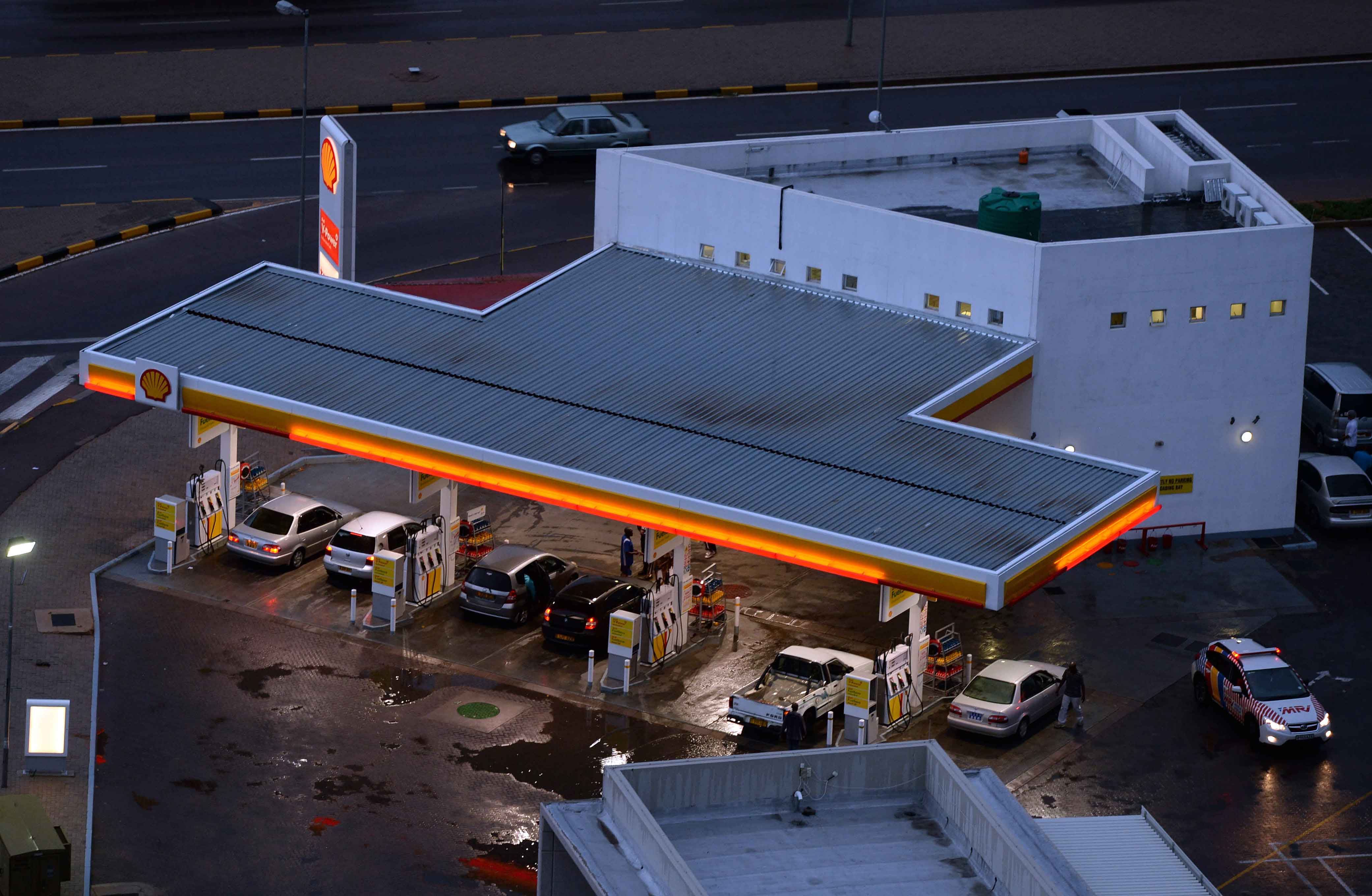- Diesel under recovers at P2.13/litre
- Petrol under recoveries rise to P1.70/litre
- Paraffin at P1.80 per litre
- Gov’t bleeds P240m
- Debt to fuel companies exceeds P1billion
Gazette Reporter
The National Petroleum Fund (NPF) contagion continues to widen, so much that fuel companies are under recovering with as high as P2.13 per litre, which means government is bleeding more than P240 million monthly to fuel companies.
According to the September fuel unit rates, prepared by Botswana Energy Regulatory Authority (BERA), fuel companies make a loss of P1.70 per litre of petrol sold. The fuel companies make a loss of P2.13 in every litre of diesel sold as well as P1.80 thebe in every litre of paraffin sold. The under recoveries are on the rise month-on-month. According to the August 2018 Fuel Price slate, the import parity price was at P6.97 per litre. The Import Parity Price (IPP) is the price of a product that is imported at the border, which includes international transport costs and tariffs.
Government then set the recommended fuel price at a minimum of P8.34 thebe per litre. However, there are levies added into the cost per litre at pump prices, which would then hike the total cost of fuel at pump fillings stations to around P9.94 per litre. Since government has set prices at P8.34 it means fillings stations in August were on average under recovering P1.60 thebe per every litre sold because they are selling at lower than the actual cost. The under recoveries were at P1.41 as at May 2018, but rose to P1.60 due to rising international fuel prices.
At this rate, it would mean that government has been failed to remit back to fillings stations a total of P192 million in August on and the figure has been bulking up, from unpaid under recoveries for the past months. The under recoveries continue to rise. Looking at the September fuel slate, costs of importing fuel have risen, due to rising international crude oil prices.
Brent crude oil broke through to a new four year high of US$86.29 per barrel this week. This was a result of the increasingly declining Iran exports as oil buyers of the country are finding alternatives, while the Organization of the Petroleum Exporting Countries (OPEC) members and non-OPEC members led by Russia are holding off on a formal decision that would allow them to increase production. The deciding meeting is expected in December 2018. By the week’s end, oil had recoiled slightly, trading at US$84.45 per barrel by mid-afternoon, after an assurance was made by the top two producers in the OPEC cartel, Saudi Arabia and Russia, to up their output level to cover some of the losses from Iran’s supply. Also dampening the price of oil was the increase in the US oil inventories.
As a result of the rising international crude oil prices, the cost of importing fuel into Botswana is on the rise, leading to increased cost under recoveries. Because of that, fuel companies make losses because government is reluctant to increase fuel prices. By September, fuel companies had to spend between P7.10 and P7.54 to import fuel into Botswana. In August, the fuel companies were spending between P6.97 and P7 per every litre to import fuel into Botswana, which shows a significant rise going into September.
This meant that the under recoveries also rose significantly. In August, they were as high as P1.60, but have since risen to as high as P2.13 per litre sold. Under normal circumstances, the NPF was supposed to pay for the under recoveries.
It has since dried up after funds were reported to have been misused.
This publication understands that the P800 million paid to petrol companies was calculated only up to November 2017. However from December 2017 to date, oil companies have been under recovering, and calculations show that the debt may have shot back to P1billion or more.
While the under recoveries were at almost P200 million in August, it appears the figure has ballooned to around P240 million, owed to fuel companies per in September.

